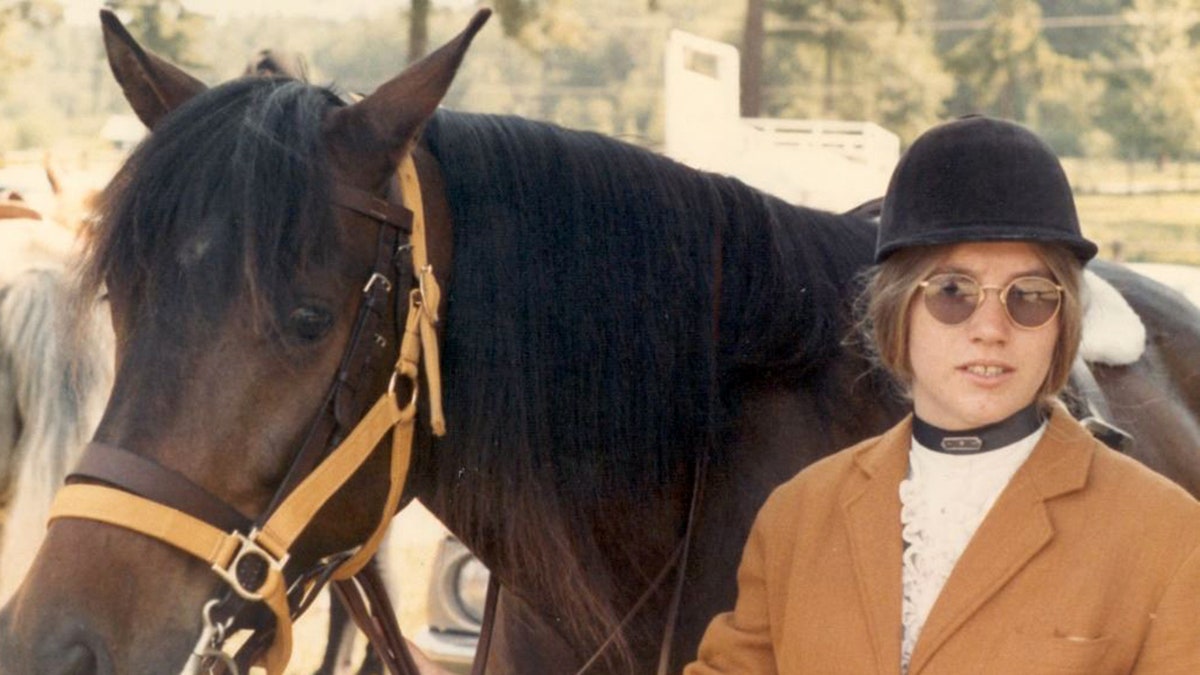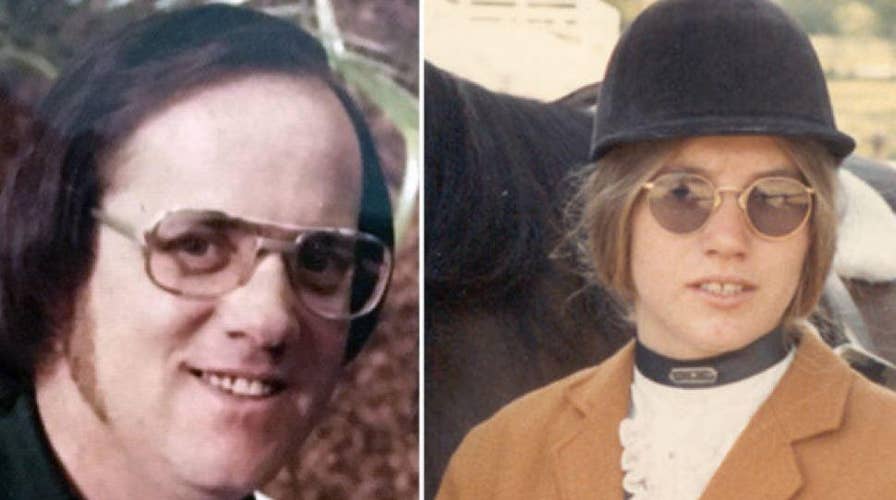DNA from coffee cup leads to arrest in 1972 cold case
77-year-old Terrence Miller was arrested in Washington State and charged with first-degree murder for the August 1972 rape and killing of 20-year-old Jody Loomis due to DNA evidence from a coffee cup that matches semen that was collected at the 1972 crime scene.
A Washington state man killed himself in his home as a jury was meeting to deliberate his fate in a 1972 cold case murder — and then found him guilty.
Terrence Miller, 78, was on trial in the murder of 20-year-old Jody Loomis in Snohomish County 48 years ago. She was heading to a stable to ride her horse in Mill Creek when she was raped and fatally shot.
Miller’s suicide took place Monday morning as the jury was assembling at the courthouse to begin a second day of deliberations in the two-week trial, Snohomish sheriff officials said.

Jody Loomis and her horse in 1972. (Snohomish County Sheriff's Office )
With Miller absent in the courtroom, the panel resumed deliberations and then returned its guilty verdict after deliberating three more hours, they said.
He had been free during the trial on a $100,000 cash bail.
Loomis' family members showed no emotion as the verdict was read in court, according to the Everett Herald.
DNA LEADS TO ARREST IN 22-YEAR-OLD PHOENIX WOMAN'S 1984 COLD CASE MURDER
“I’m glad that we got to hear the verdict,” Jim Scharf, the lead detective on the case, told the paper. “I think that was good for the (Loomis) family.”
Miller was linked to Loomis’ murder through DNA and genetic genealogy, a new technique that has been used to solve dozens of cold cases across the country.
The match came after DNA from Loomis’ boot was uploaded to the public genealogy website GEDmatch, leading to his identification as a suspect.
Investigators then obtained Miller’s DNA from a discarded coffee cup at a gambling casino and confirmed the match.
He was arrested in April 2019.
KIRO-TV reported that the judge presiding over the trial rejected a defense request not to take the jury’s verdict in light of the suicide.
Instead, the judge agreed with prosecutors who argued that after 48 years the Loomis family deserved to hear what the jury had decided, the station reported.
Miller’s court-appointed lawyer, Laura Martin, challenged the DNA evidence during the trial.
CLICK HERE TO GET THE FOX NEWS APP
Of her client’s suicide, she told The Washington Post on Monday, “Death seemed preferable to letting a jury decide a verdict on tainted evidence.”










































